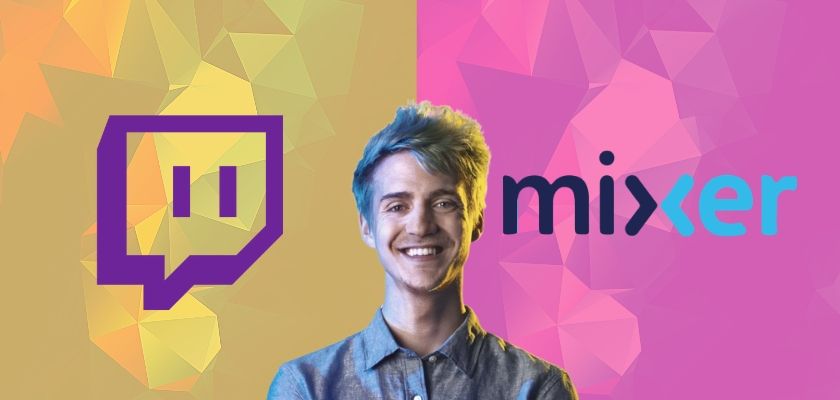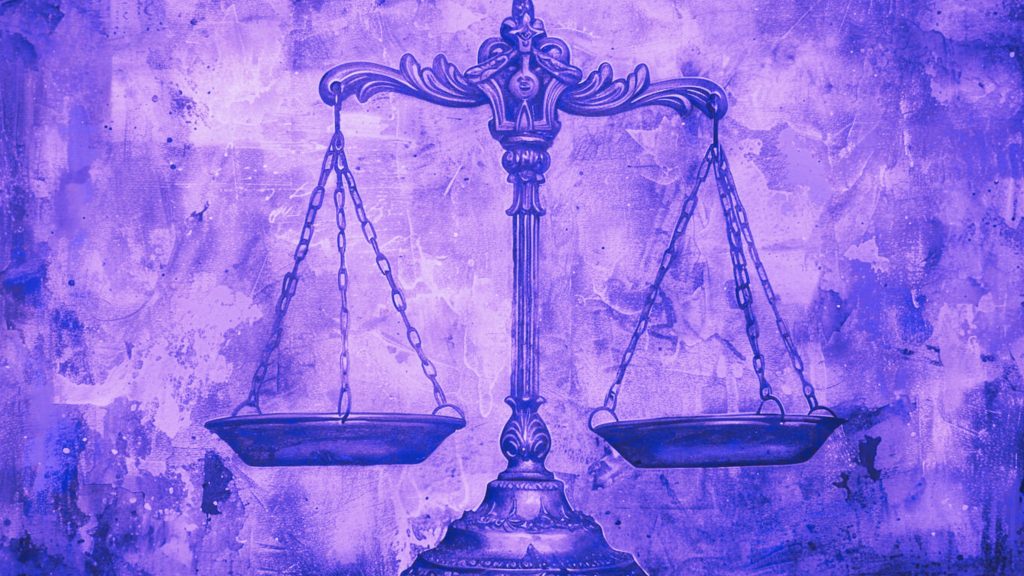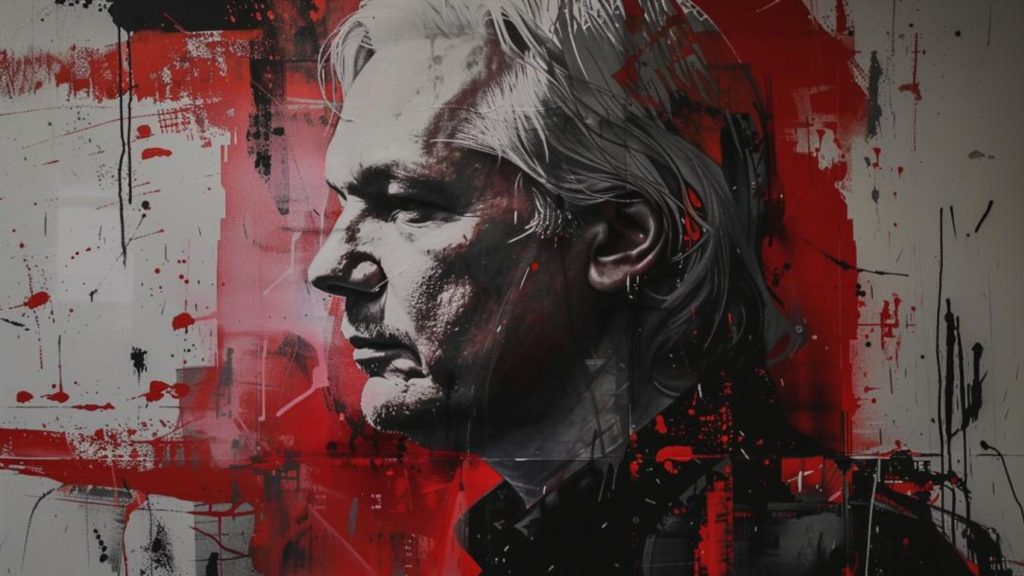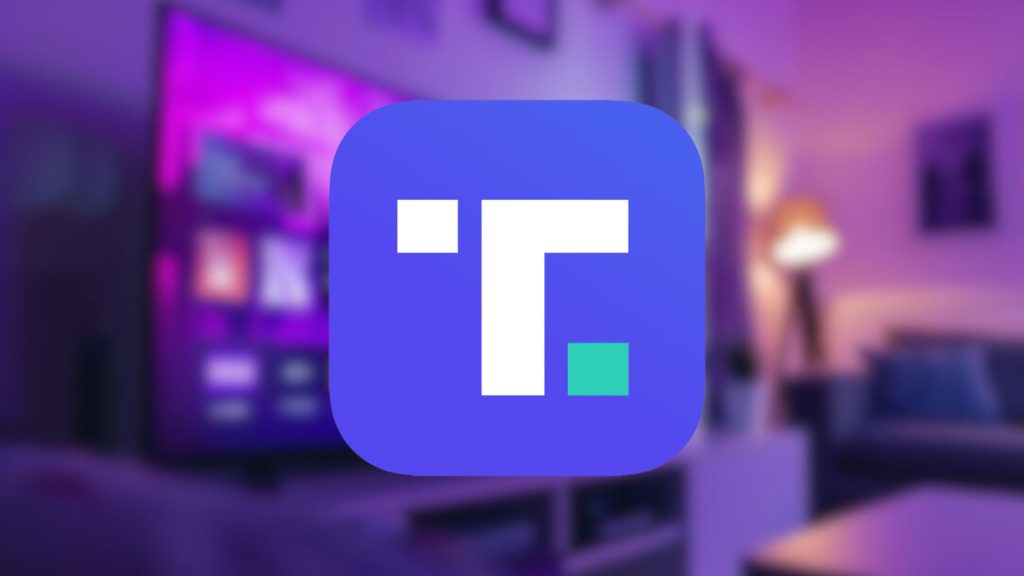The rise and fall of online platforms, and the mechanics behind the way the winners in this process have managed to cement their leadership positions over the past decade or so has fascinated onlookers for a long time.
The likes of YouTube, Facebook, and Twitter have grown to dominate the market and make it virtually impossible for meaningful competition to emerge. One explanation is that the number of their users has grown exponentially thanks to the network effect – users attracting other users from their real-life, professional, or online circles.
And this process seemed irreversible, as there was little incentive to take inconvenient action such as switching to a new platform – suggesting that users might be loyal to the platforms themselves.
But the recent high profile “transfer” of popular Fortnite streamer Ninja from Amazon-owned Twitch – an established streaming giant – to Mixer – a struggling competitor owned by Microsoft – suggests that users will follow creators, and creates a good deal of hope for rising alternative platforms like Gab and Bitchute.
Namely, as Eurogamer writes Ninja has managed to pull in to Mixer nearly 650,000 followers from the 10 million he had on Twitch, in under a week – and even to dramatically grow his subscriber numbers from some 15,000 on Twitch, to half a million on Mixer.
Not only is Ninja doing very well for himself on his new platform – he has also propelled that platform to the top of Apple’s App Store in the free app category – giving Mixer at the same time a newly found credibility as serious competition to a giant like Twitch.
This example could be particularly relevant to those fledgling social media and content creation platforms that are attempting to carve out a place for themselves in a market that is extremely difficult to break into.
And now might be a better time than any – as the dominant giants become increasingly plagued with issues such as censorship and demonetization of creators, who are deprived of their revenue streams.
Alternatives to Twitter, YouTube such Gab, Minds, Bitchute and other could capitalize on the discontent of creators and their audiences, and the recipe seems obvious: attract popular creators, and their userbase will follow.
If you're tired of censorship and dystopian threats against civil liberties, subscribe to Reclaim The Net.









